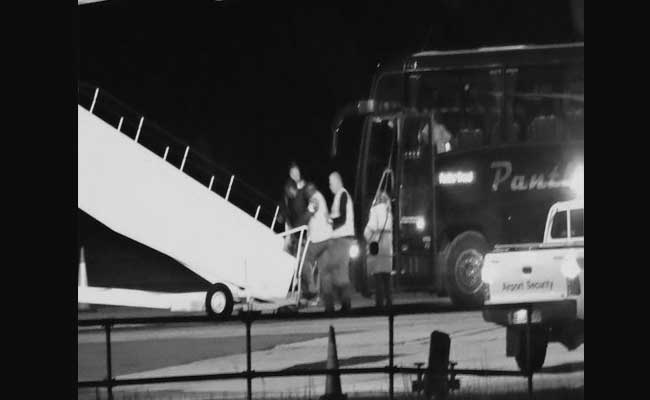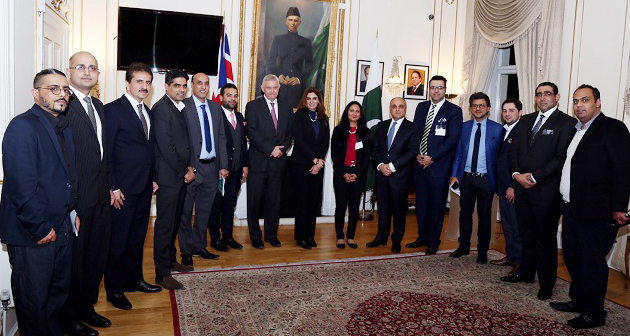UK
Charter Flights: Wild West of Immigration Law

The recent charter ight to Jamaica received significant interest from the media and fuelled a polarised public debate. To those
opposing the flight, it represented all that was wrong with a proudly hostile environment; embracing a ‘deport rst, ask questions
later’ policy. They argued it embodied a government already accused of being institutionally racist in the leaked Windrush lessons
learned review. For those on the other side of the fence, it became the poster child for an untamed judiciary meddling in political
decisions and failing to respect the best interests of the public.
There were a number of dierent legal challenges taking place on the day before the charter ight. One of these culminated in a
Court of Appeal injunction on behalf of the NGO Detention Action to stop the Home Oce deporting anyone detained at the
Heathrow immigration detention centres. The basis of this challenge was the failure to provide working mobile phone SIM cards to
detainees, which resulted in them being unable to access legal advice in the days leading up to the ight. Fifty people were
scheduled to depart on the charter ight on 11 February and the injunction prevented the removal of approximately 25 people.
The signicance of this court order is magnied by the individual cases also issued the day before the ight.
Emotions run high in deportation cases, for obvious reasons. It is a politically incendiary area of law, in which the ripple eects are
profound. The Jamaican charter ight case was billed by the government as being a clear-cut case of dangerous men with no basis
of stay in the UK, who were being deported as a punishment for their heinous crimes. But the reality is less black and white. We
need to start by unpacking the idea that the ‘Jamaica 50’ – as they became collectively known – were all hardened, dangerous
criminals whose cases had been fully adjudicated.
Read more: Maria Thomas, https://is.gd/ggxOEN





